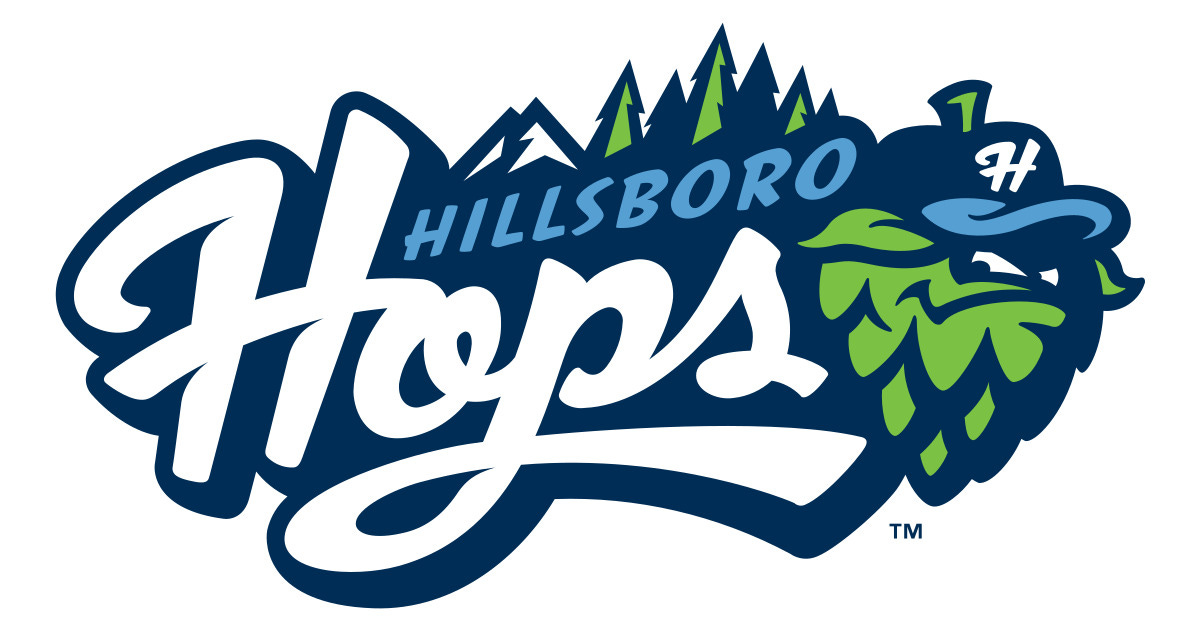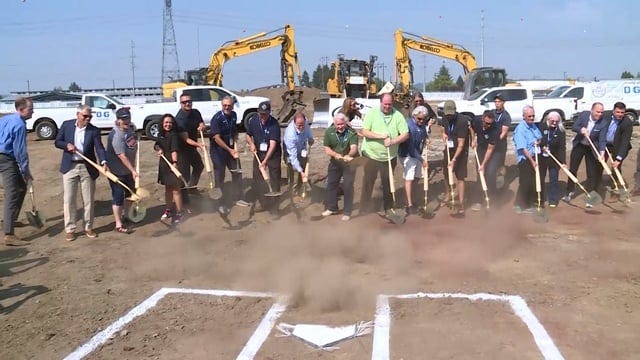Conference Commissioners can learn from the Hillsboro Hops' Magic Trick
How the minor league Hillsboro Hops' ownership group secured $152 million in public financing by leveraging $40 million in MLB facility upgrade "demands."
The economic plight of the Hillsboro Hops caught my attention at the beginning of 2024 when I heard a Portland-based talk show host discuss the team’s threat to leave the City if they did not get help with a $120 million ballpark renovation. I arranged financing for a minor league ballpark once upon a time and the $100 million plus price tag sounded absurd. I called the point person in the City of Hillsboro government to see if the account was real. He confirmed it, but could not justify the project budget publicly as he had signed a non-disclosure agreement (NDA). He did share that the ownership group engaged Barclays to find $80 million in private financing for the project. I ended the call thinking it would never happen.
Boy was I wrong. Last week the Hops and the City broke ground on the project with a new price tag of $152 million - all funded by the City, Washington County, the State of Oregon, and an obscure Public Finance Authority operating out of the State of Wisconsin.
After finding the key financing document behind the deal online, I’m impressed at how the Hops’ ownership pulled this off. Furthermore, I think it is a great case study for conference commissioners, university presidents, and athletic directors on how to exploit public agencies to help underwrite athletic facilities in the new era of professionalized college sports.
MiLB “Demands” could be Conference “Demands”
The balance sheets of the City of Hillsboro and the State of Oregon became targets of Major League Baseball in February 2021 with the creation of Professional Development League (PDL) licenses. Owners of minor league franchises had to secure this new license to continue operating as an affiliate of an MLB team. The license sets standards for training support, player compensation, and facilities. Minor league team owners are responsible for funding the cost of these improvements - causing most owners to turn to their local and state governments for help.
Imagine how this might play in the rapid professionalization of college sports. Conferences could create licenses for member universities. The license could set financial requirements to fund football above all other sports, and for universities to actively promote their brand - all in support of achieving better television viewership. If universities did not meet investment and promotion standards in the license, it could be revoked and the university relegated to a lesser conference.
A Team Owner’s Leverage could be a University’s Leverage
How do MiLB licensees (team owners) get governments to fund new standards?
In the case of the Hillsboro Hops, the pitch to the City started with a presentation of the incredible economic impact the team has on the community (over $190 million), and ended with a threat to leave for greener pastures if financial help was not offered. The Hops’ owners didn’t have to say as much. They found plenty of local sports journalists to beat this drum for them. In the end, the State, County, and City pitched in over $40 million in cash - an amount city staff felt alone could meet the PDL license requirements.
Universities, faced with new costs from the House Settlement, can take a cue from the Hops’ ownership group and fund a study on the current local economic impact of their athletic program, and contrast that with a significantly smaller impact if relegated to a lesser conference.
Another lesson from the Hops: Don’t ask for the minimum!
The Hillsboro Hops performed magic in getting the city and state to pitch in the $40 million necessary to meet the PDL license requirement and permit them to use a revenue bond to finance an extra $80 million in improvements. As with any good magic trick they 1) created the illusion (with help from city staff) that $120 million was necessary to fund the project ($40 million in public funding and $80 million in private funding) AND 2) that the team owners would pitch in the extra $80 million. The Hops created and maintained this illusion by entering into a Non-disclosure agreement (NDA) with the City. This kept the project budget, cash flow, and financing a secret (until last Friday).
But beware, the truth will eventually come out
This past Friday the little-known, Wisconsin-based, Public Finance Authority (PFA) published the limited offering prospectus for a revenue bond that provided the “private” portion of the project financing. PFA is a conduit for revenue bond financing established by public officials in Wisconsin for the benefit of any local or state government. This document provides the first look at what the team owners kept under wraps through their NDA. As it turns out the real project budget is $150 million (not $120 million), the “private” portion is $110 million (not $80 million), and the Hops’ team ownership is not on the hook for the private funding.
Here is how the funding package was presented to the City in July:
And here is the real funding requirement as published Friday (attached below).
Here is an excerpt of a City of Hillsboro staff report from July that suggests it is noteworthy that the team owners are parties to the stadium lease.
Here is an excerpt from the limited offering (from Friday) that explains the security for the revenue bonds is the team’s leasehold interest in the stadium, and not any equity in the team itself. Put another way, if the bondholders are not paid, their only recourse is to take over the stadium operations, and there would be no recourse to the wallets of team owners (even though they are party to the lease).
The beauty of the NDA is that it allowed the owners to claim the team was contributing private funds to the project, while in reality, the owners planned to use the public investment in the stadium and the City lease for the stadium as collateral to entice third-party investors to purchase revenue bonds from a public finance authority. Put another way, the project billed as predominately funded by team ownership looks to be secured entirely by public assets and public cash contributions.
Well played Hillsboro Hops! Take note conference commissioners!
Limited Offering to secure investors in stadium revenue bonds (NEW)
City Staff Report on Stadium Financing
City PowerPoint on Stadium Financing
Stadium Lease







